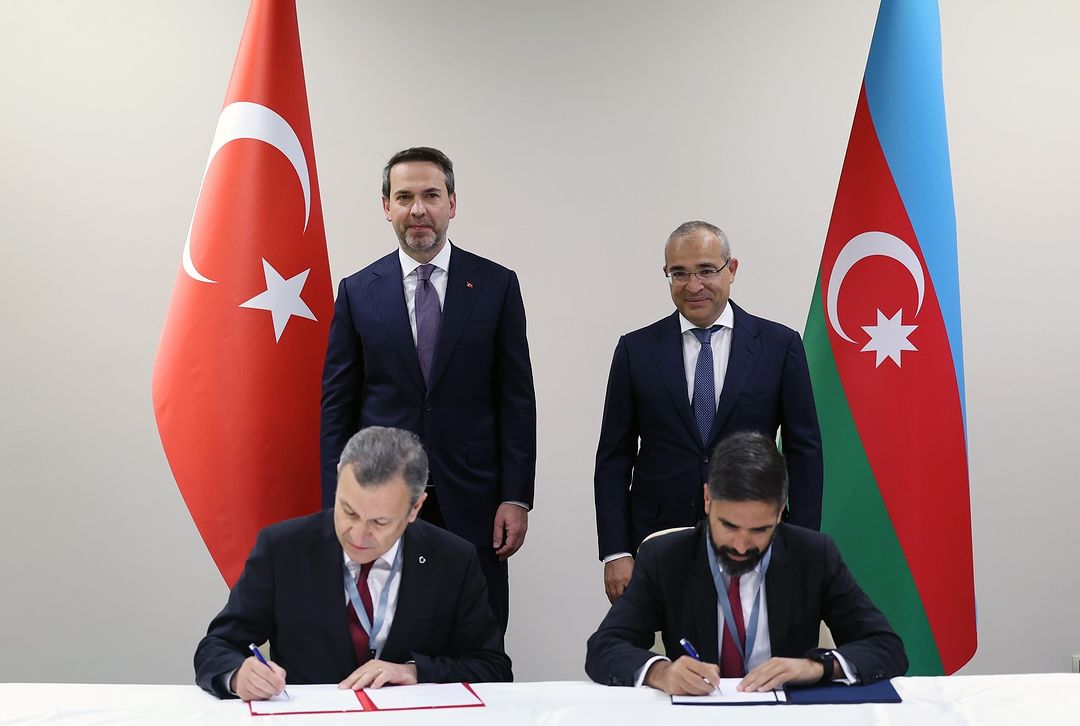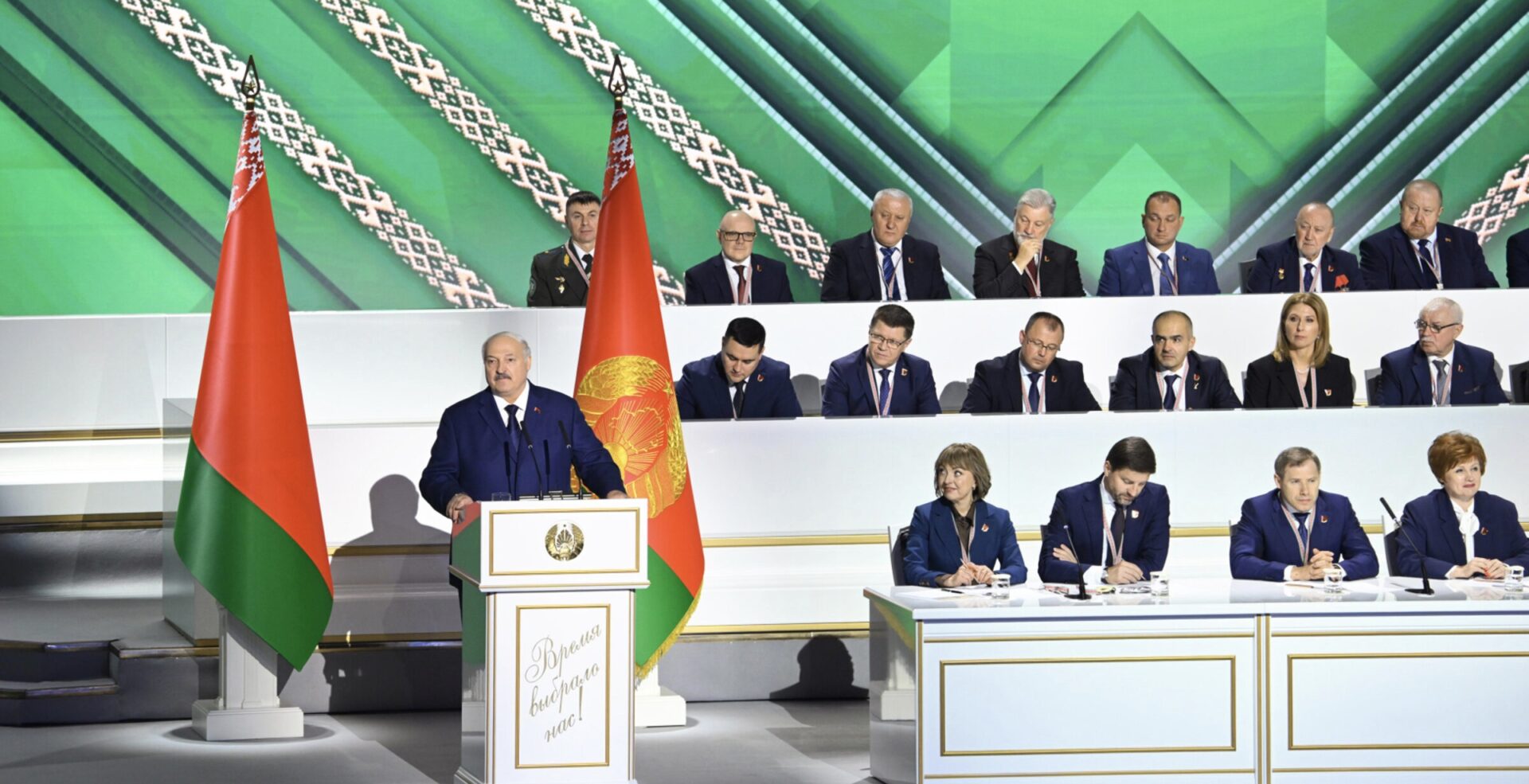AKP FORMING CLOSER LINKS WITH THE GULEN MOVEMENT
AKP FORMING CLOSER LINKS WITH THE GULEN MOVEMENT
Reports in the Turkish press that the state-owned carrier Turkish Airlines (THY) had co-sponsored a conference in Istanbul on October 21-23, organized by the followers of exiled Islamist preacher Fettullah Gulen, have highlighted the increasingly close ties between the once-persecuted movement and Turkey’s ruling Justice and Development Party (AKP) (Vatan, Hurriyet, November 20).
Gulen was born in 1941 in the province of Erzurum in eastern Anatolia. In the late 1960s, while he was serving as a preacher at a mosque in Izmir, Gulen began organizing summer camps offering religious courses. He gradually began to build up a huge following through his writings and highly emotional sermons, during which he would frequently break down in tears as he related stories from the Islamic traditions about the Prophet Muhammad’s life, known as the hadith.
Gulen’s spiritual mentor was Said Nursi (1876–1960), a radical activist whose calls for the creation of an Islamic society led to his frequent prosecution by the staunchly secular leaders of the early Turkish Republic, which was founded in 1923. Nursi’s written works are notoriously opaque; something that critics claim demonstrates their intellectual poverty and supporters their complexity and profundity. In contrast, Gulen’s writings tend to be considerably lighter, stronger on tone than content, and avoiding explicit calls for the introduction of Islamic shari’a law in favor of gently worded calls for moderation and conciliation. The thinly disguised Turkish supremacism of his unrepentant nostalgia for an idealized vision of the Ottoman Empire and calls for closer ties between Turkey and the Muslim states of Central Asia resonate strongly with Turkish nationalists.
Nevertheless, Gulen’s career has not been without controversy. As early as 1971 he was jailed for seven months for illegally disseminating religious propaganda, and many Turkish secularists believe that the vagueness of his rhetoric camouflages a desire first to Islamicize Turkish society and then to establish an Islamic state. He has frequently been accused of attempting to infiltrate his followers into the state apparatus, particularly the staunchly secularist Turkish military. Most of the officers regularly expelled from the Turkish military for suspected Islamist activism are believed to be Gulen sympathizers (see EDM August 6).
On June 19, 1999, the ATV national television channel broadcast two video clips apparently showing Gulen instructing his followers to infiltrate the Turkish bureaucracy and bide their time until they were numerous enough to be able to implement their agenda. Following the broadcasting of the tapes, Gulen fled to the United States before the Turkish authorities could take him to court on charges of trying to undermine the principle of secularism enshrined in the Turkish constitution. Although Gulen no longer faces charges, he remains in exile in the United States. But his health is failing and he is reported to be anxious to return to Turkey before he dies.
Gulen’s exile has enhanced his mystique while also giving it the luster of martyrdom. In his absence, his followers have created a huge network of businesses, foundations, charities, and media outlets, including the daily newspapers Zaman (in Turkish), Today’s Zaman (in English), and the television channel Samanyolu or “Silk Road.” No reliable figures are available, but Gulen is currently estimated to have at least two million followers and sympathizers in Turkey.
A life-long bachelor, Gulen leads an isolated, monastic life, surrounded by a coterie of devoted male followers, in rural Pennsylvania. He makes no effort to micro-manage the activities of his followers and only occasionally issues a statement setting a broad strategic goal. Since 9/11 he has encouraged interfaith dialogue. His followers have established close ties with other faith groups, particularly conservative Christian organizations in the United States. They have also endowed a number of university chairs, most recently in Australia, to finance studies that support Gulen’s agenda (Cumhuriyet, November 20).
In the past Gulen’s supporters often had a troubled relationship with Turkish Islamist political parties, which were frequently associated with the traditional Sufi brotherhoods known as tariqah. In conversation with Jamestown, members of the tariqah have always been dismissive of Gulen’s theological credentials. Nevertheless, since it was founded in August 2001 the AKP has managed to appeal to both members of the tariqah and Gulen’s supporters. Although leading figures such as Prime Minister Recep Tayyip Erdogan come from a tariqah background, several prominent members of his cabinet are sympathetic to the Gulen movement and frequently participate in conferences and workshops organized by its foundations and charities.
Although Gulen has actively encouraged interfaith dialogue and been vigorous in his condemnation of the use of violence, there is also no doubt that his followers have an ideological agenda. The Gulen movement is socially very conservative and almost completely dominated by men. Two of the main items on the program of the October conference sponsored by THY were opposing evolution and publicizing the case for creationism.
Perhaps more insidiously, Gulen’s refusal to bracket violence with Islam has resulted in him frequently denying that any violence could be perpetrated in the name of his religion. For example, in April 2007 after three Christian missionaries were murdered by three youths from a hostel run by an Islamist charity in the city of Malatya in southeastern Turkey, Gulen issued a statement blaming the killings on unnamed foreign forces who were trying to destabilize Turkey. Unfortunately, such denials indirectly feed the already dangerously high levels of paranoia and xenophobia in Turkey that inspire murders such as those of the missionaries.


